|
By Karen Carnabucci, LCSW, TEP
Experiential psychotherapy is based on the notion that a person cannot make a significant change until a shift happens within the experience of the person. The therapist who is practicing experiential therapy focuses on facilitating the transforming experience with the collaboration of the person -- the one we usually call the client although I continue to insist that the word "client" is too sterile and too mundane to describe this kind of experience. As the person gives themselves to the experience, of how it has been and how it is now, chance occurs in the therapeutic session. experience the difference from how it was before, and how it is now. Most psychotherapists do experiential therapy to some degree, in that what our people experience in the here-and-now therapeutic relationship makes a significant difference in their world.
0 Comments
By Karen Carnabucci, LCSW, TEP
I never met Dr. J.L. Moreno, the European-born physician who is widely celebrated as the man who revolutionized psychiatric treatment. A pioneer in improvisational theater and a social scientist fascinated with relationships in groups, he prodded us to accept a new and vigorous way to relate to our world with the method of dramatic play that he called psychodrama. However, I had the good fortune to study closely for several years with Zerka T. Moreno, Dr. Moreno’s third wife, who is now credited as the co-developer of psychodrama. Zerka is known not only for shaping psychodrama while J.L. was alive but also for refining and polishing the method after his death in 1974 through her teaching, writing and traveling. And I have had the lovely opportunity to befriend Dr. Moreno’s daughter, Regina Moreno, who has asked me to assist with the writing of her book Words of the Daughter: A Memoir, where she warmly reveals more about the father of this method, the important contributions of her stepmother Zerka to this blended family away from the psychodrama stage, and especially her mother Florence’s hidden role in developing distinct psychodramatic and sociometric innovations of her own. Gina – as later called herself – died on June 19 in Berkeley, Calif., after a long and interesting life, a life mostly centered on psychodrama, relationships and adventure. By Karen Carnabucci, LCSW, TEP
Experiential therapy — a broadly based description of therapeutic modalities that employ here-and-now experiences — are greatly effective when working with people in recovery. Within recent years, many treatment centers and other clinical programs are re-inventing and re-informing their programs to show recognition of the particular needs for special populations and introducing a number of holistic treatment components like yoga, meditation, Reiki, nature walks and the like. Many of the same professionals also are re-evaluating the need for experiential learning and broadening experiential programs with psychodrama, metaphor, ritual and ceremony, the creative arts and work with animals as defined by distinct clinical objectives. Marcia Karp, a wise elder in the world of psychodrama, is our guest blog author today. A wonderful story teller -- and my valued teacher at the Holwell International Center for Psychodrama and Sociodrama in Devon, England, in 1994 -- Marcia shares a wonderful story about Dr. J.L. Moreno and the spread of psychodrama around the world. By Marcia Karp, M.A., TEP
It is 1968 in Vienna, Austria. I am sitting next to Dr. J.L. Moreno in front of an empty cinema screen. We are attending a conference of the International Council of Group Psychotherapy Conference, an organization created by Dr. Moreno in 1951. This was before the founding of the International Association of Group Psychotherapy in 1973. We were asked to attend a film by a Japanese colleague who had taken some training in psychodrama at the Moreno Academy in Beacon, N.Y. The conference room went dark. On the screen, in black and white, came a filmed sequence showing a handbag counter in a department store. The camera slowly panned the handbag section and then went up an escalator and into a ladies dress section showing a rack of women's clothes. By Karen Carnabucci, LCSW, TEP
Adam Blatner, philosopher, bon vivant, cartoonist, singer, dancer, writer, psychiatrist, physician, promoter of playfulness, "Whizzard of Ah's," romantic, character, teacher, grandpopala, metaphysician, imaginologist, elf, psychodramatist, theoretician, etc., died x after a remarkably full, rich, eventful, many-faceted life. He succeeded in promoting a number of causes, developing a variety of ideas, including a fair number of original ones, networking up a storm, mentoring a good many folks, healing many others, and bringing out some extra magic in countless numbers by fostering song fests and other activities that celebrate the "child within." By Karen Carnabucci, LCSW, TEP
It’s 2021, and that means we’re climbing out of the worldwide pandemic and reviving our professional conferences. That’s what’s happening with the American Society of Group Psychotherapy and Psychodrama, which finished its five-day online conference. I presented during the pre-conference – "Shaking Your Family Tree: Who’s In Your DNA?” – and attended the rest of the conference, which ended Sunday. Here’s my 10 conference takeaways: "Not Just Child’s Play: Using Furry Auxiliaries to Enliven Your Therapy Sessions" on March 19. By Karen Carnabucci, LCSW, TEP
Let’s talk about puppets. And play. And why play is so essential for discovery, growth, healing and change no matter who you are or how old you are. Play is often considered suitable for little people – children – until they are able to grow older and “talk” about their problems and transition into the kind of therapy that “big people” do. Which is why I want to tell you about puppets, stuffed animals and dolls and their value for people of all ages. The fact is that children, teens and adults hugely benefit from play as a genuine therapeutic intervention that not only support learning to emotionally regulate but also to build spontaneity and creativity that is so valued in Dr. J.L. Moreno’s method of psychodrama. My good friend and colleague Linda Ciotola, M.Ed., TEP, and I have talked a lot about this. We co-wrote the book Healing Eating Disorders with Psychodrama and Other Action Methods: Beyond the Silence and the Fury, where we briefly the use of props in education and psychotherapy, and we mention play in our conversations practically all the time. One of the best times I've had in recent years is sitting in Linda's play room in her home, talking with puppets. By Karen Carnabucci, LCSW, TEP
As you know, I love offering resources to my trainees and others interested in learning and refining skills of action methods. And this one is a good one! My dear friend and psychodrama colleague Linda Ciotola, M.Ed., TEP, has created an online video series about the use of action methods to treat survivors of trauma and promoting post-traumatic growth with her colleague Nancy Alexander, MSW, LCSW-C, a retired psychotherapist and social worker in Maryland. The series is titled "Introduction to Psychodrama for Trauma Survivors" and includes: 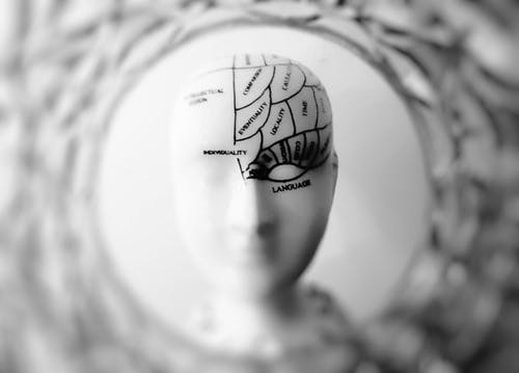 By Karen Carnabucci, LCSW, TEP In the past two decades researchers have discovered a tremendous amount of information about the human brain. As we learn these startling new details, we are forced to discard old assumptions about how the brain works and learn about the brain's amazing powers. We now know about the delicate nature of the developing brain from the very beginning of life. Certain experiences – a stressed mother, a community trauma, a family crisis – appear to inhibit the circuitry of brain development even before the child’s birth. Yet the brain is not “fixed” to any specific configuration for life. For instance, we now understand that the brain is “plastic,” continuing to constantly change, alter and adapt as it responds to new life experiences. By Karen Carnabucci, LCSW, TEP
When working with survivors of trauma, the main objective of every clinician is the creation of a structure that supports safety and containment. With the practice of action psychotherapy such as psychodrama, this objective becomes more crucial. Action therapy, including what appear to be rather benign techniques, is a powerful tool that can trigger unprocessed material in survivors of trauma, resulting in flashbacks and dissociation. The Therapeutic Spiral Model -- developed by clinical psychologist Kate Hudgins, Ph.D., TEP, and colleagues -- is an integration of classical psychodrama, object relations and recent advances in trauma theory to provide additional safety and structure when working with trauma. It follows the goal of providing safety and containment at every step for the client as well as the helping professional. Aspects of the model can be employed in individual and group sessions and may be easily adapted by talk therapists. The model identifies safety and containment in five areas: |
AuthorKaren Carnabucci, LCSW, TEP, is an author, trainer and psychotherapist who promotes, practices and teaches experiential methods including psychodrama, Family and Systemic Constellations, sand tray, mindfulness and Tarot imagery. Archives
December 2023
Categories
All
|

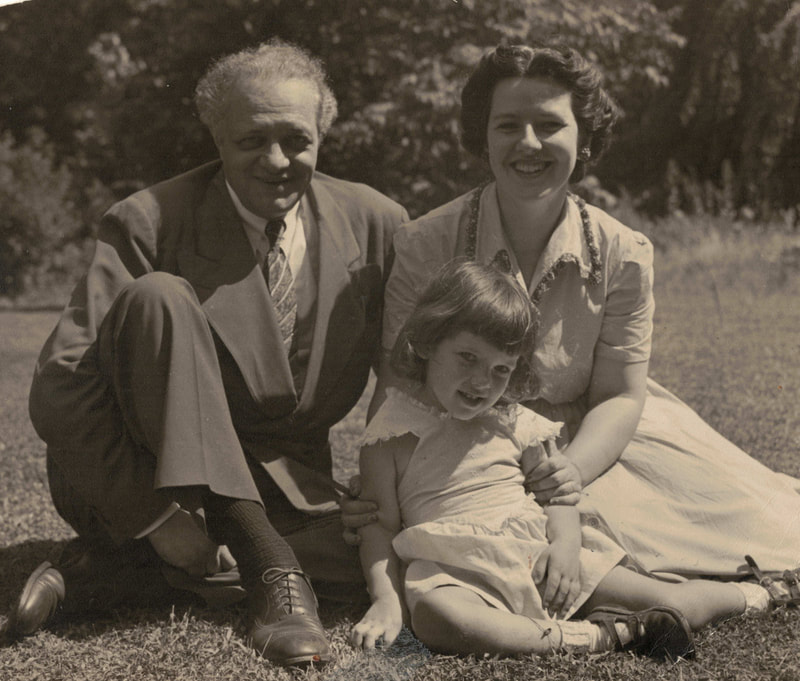

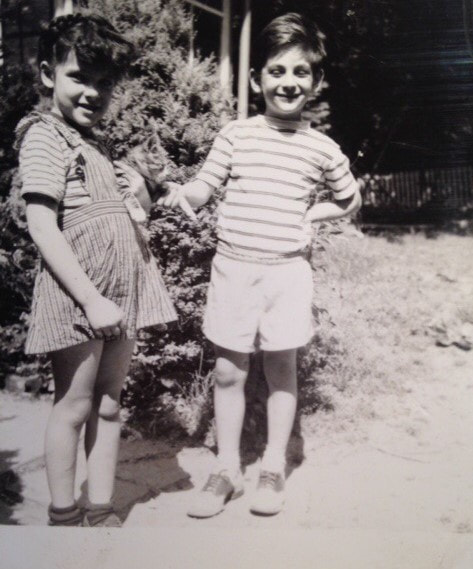

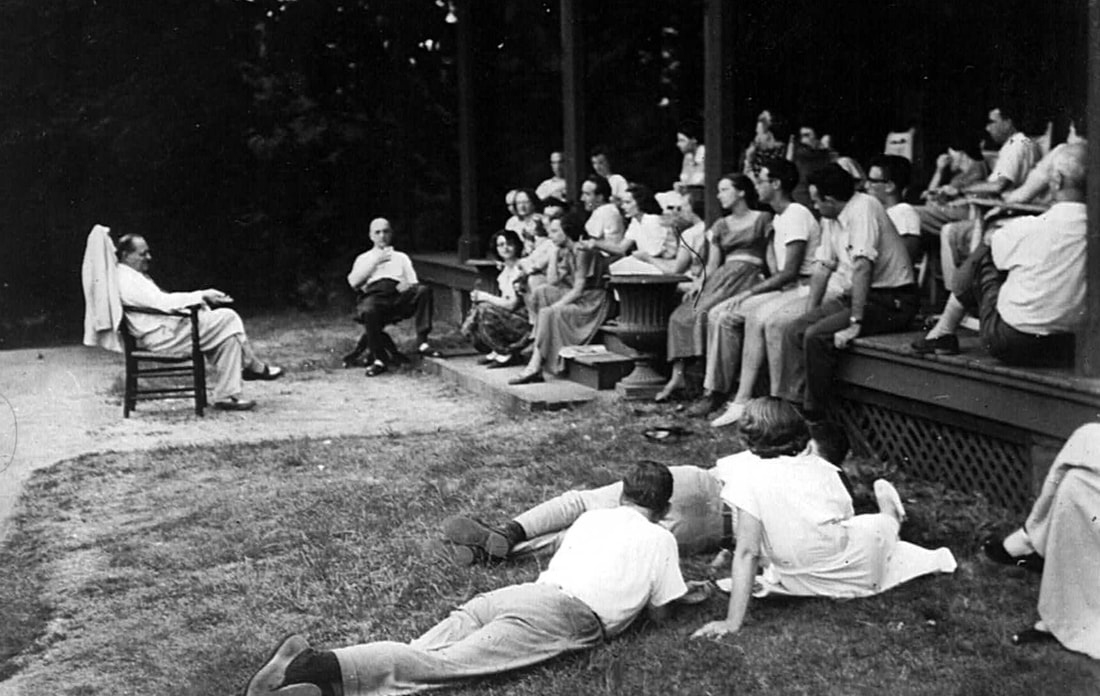
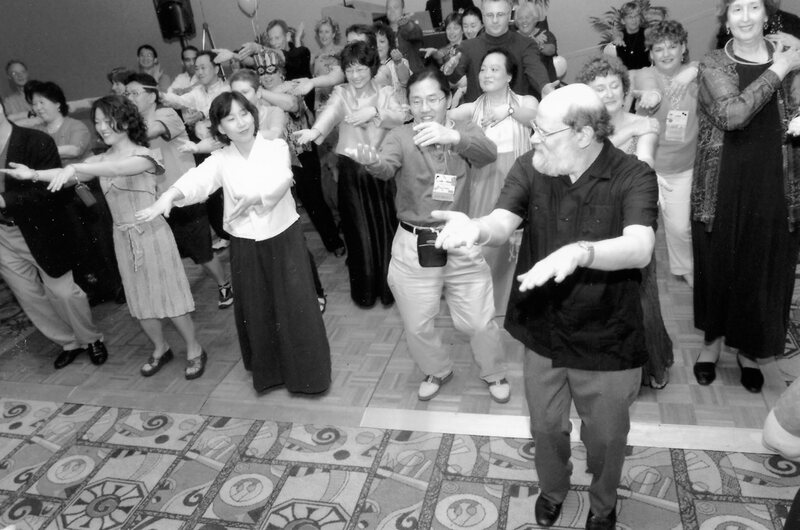
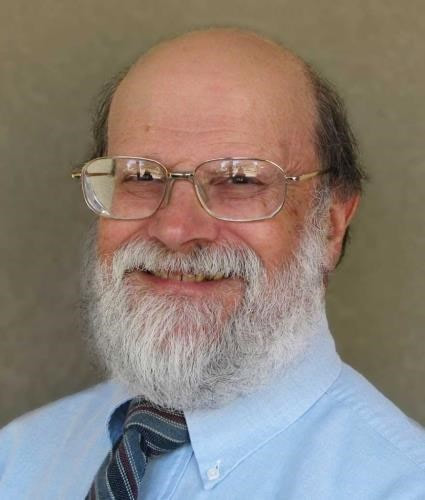
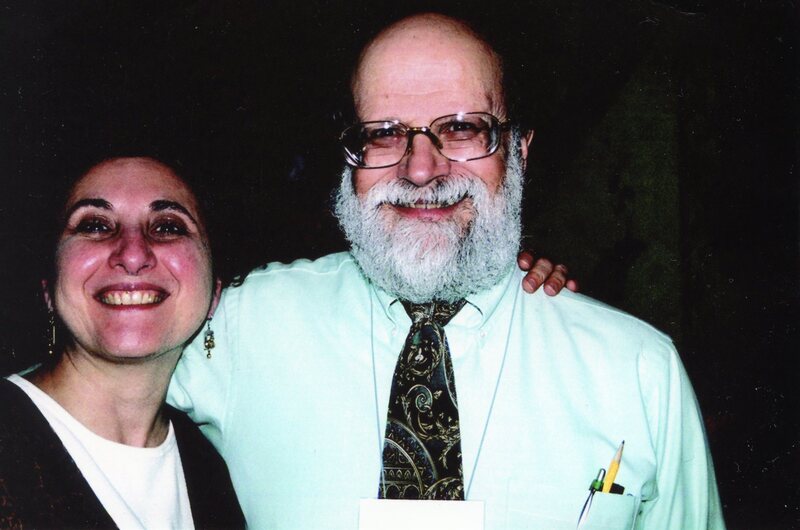
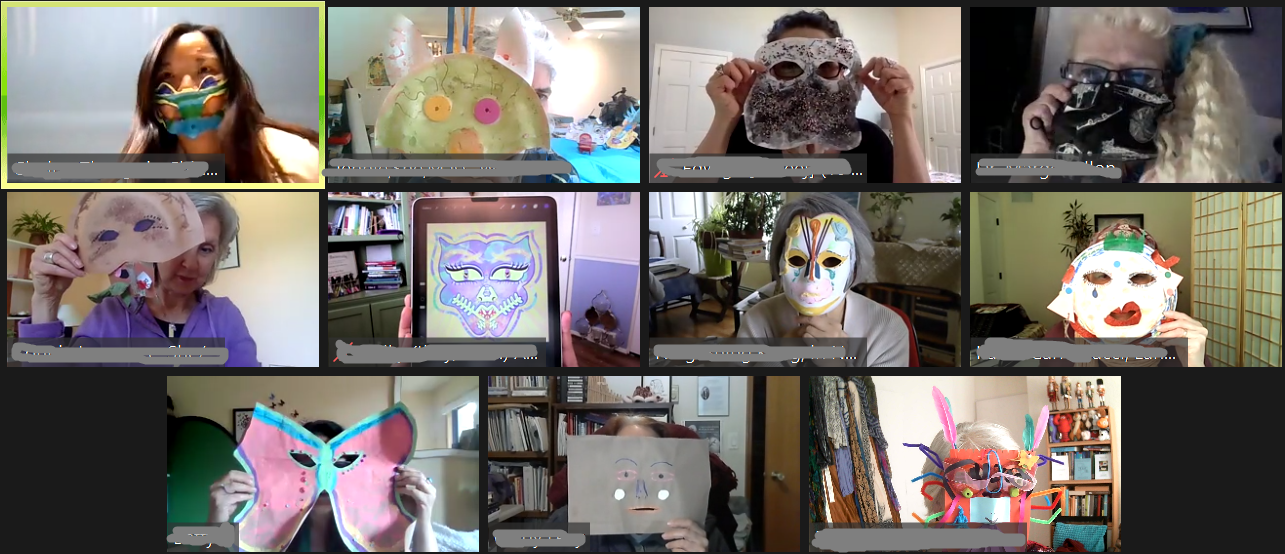
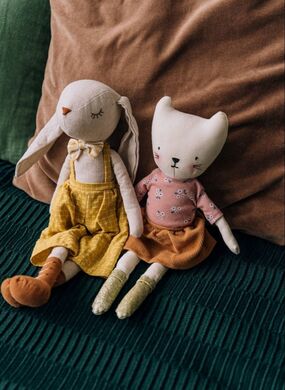
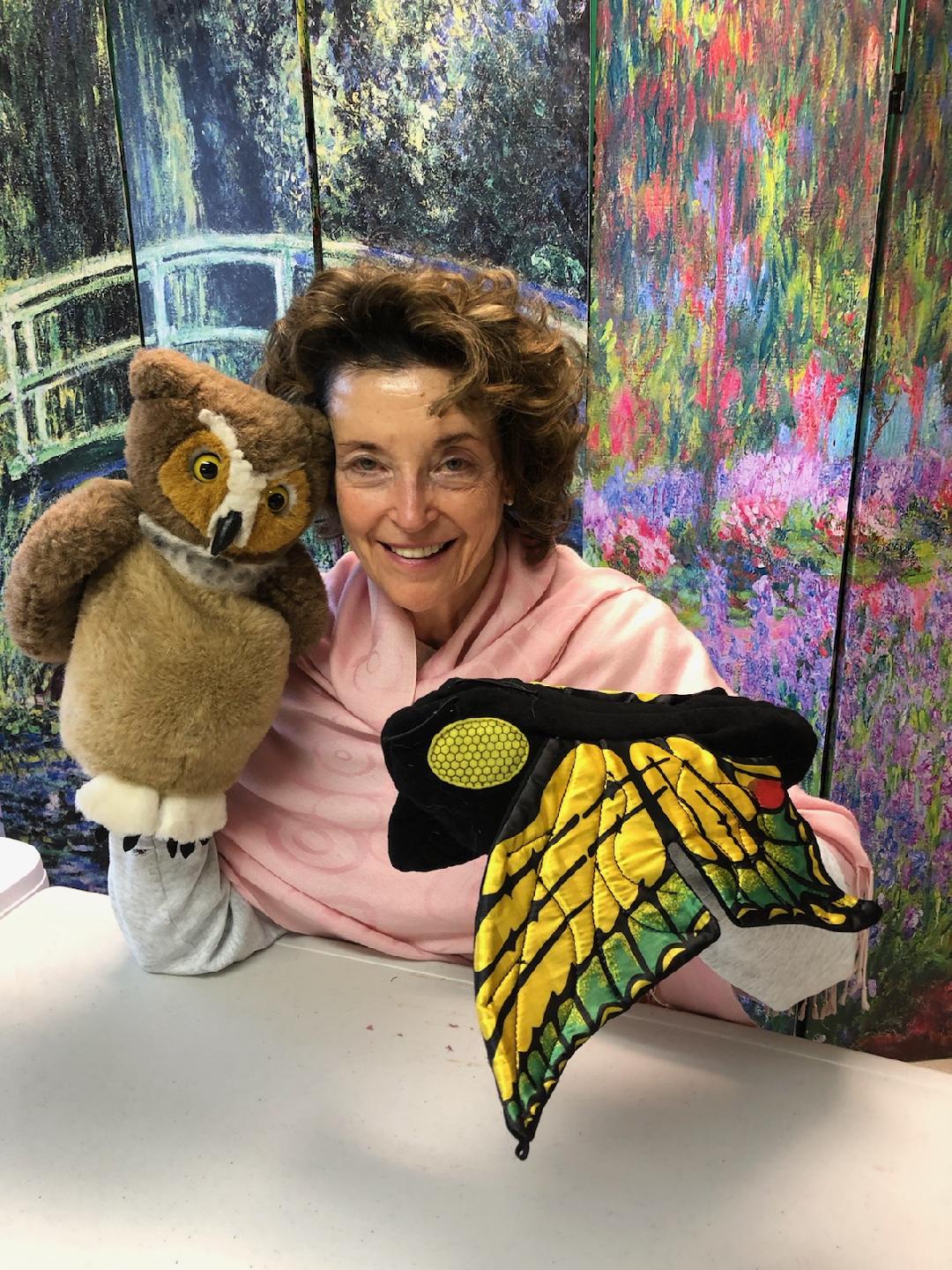

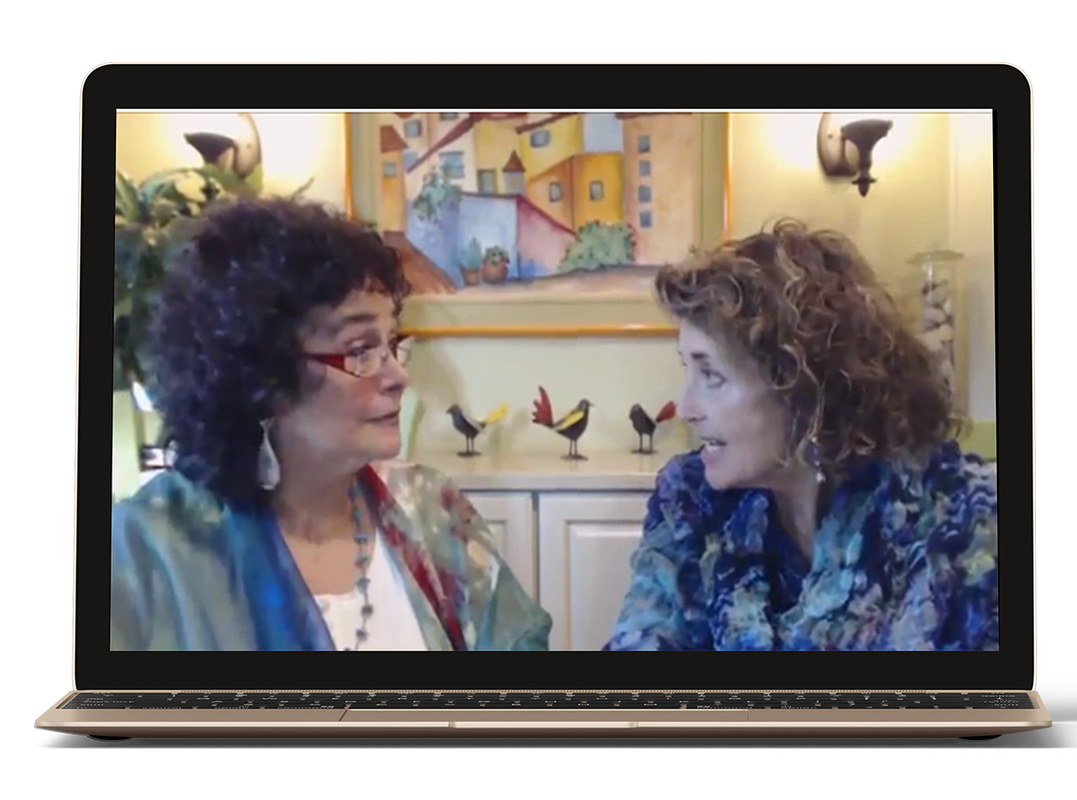
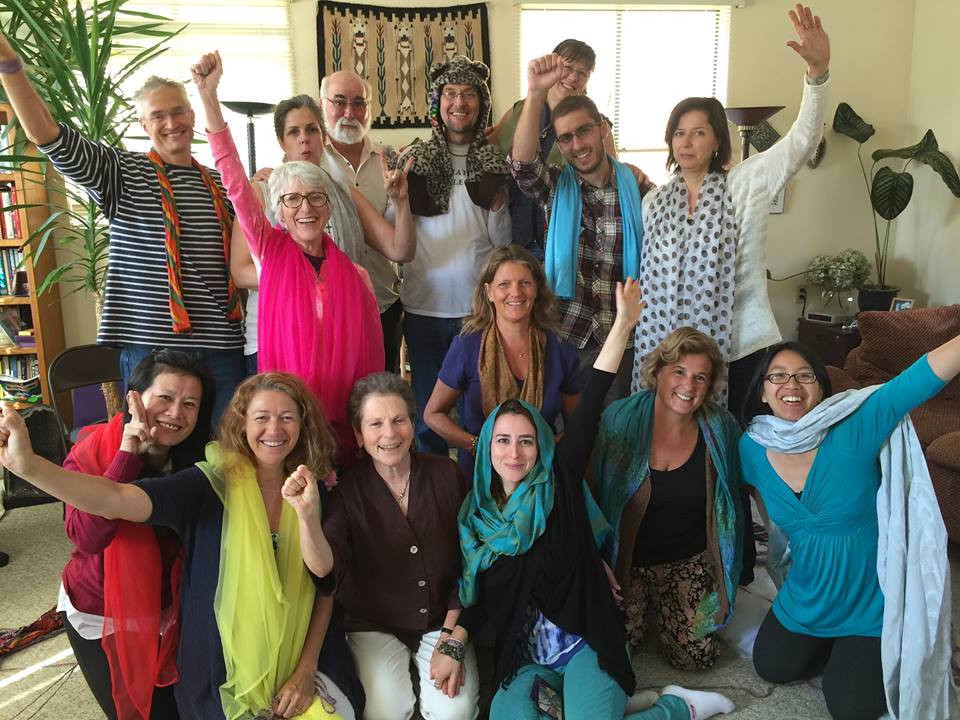
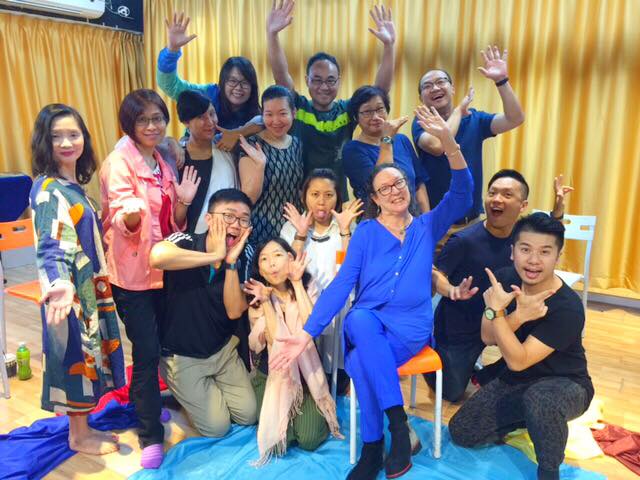
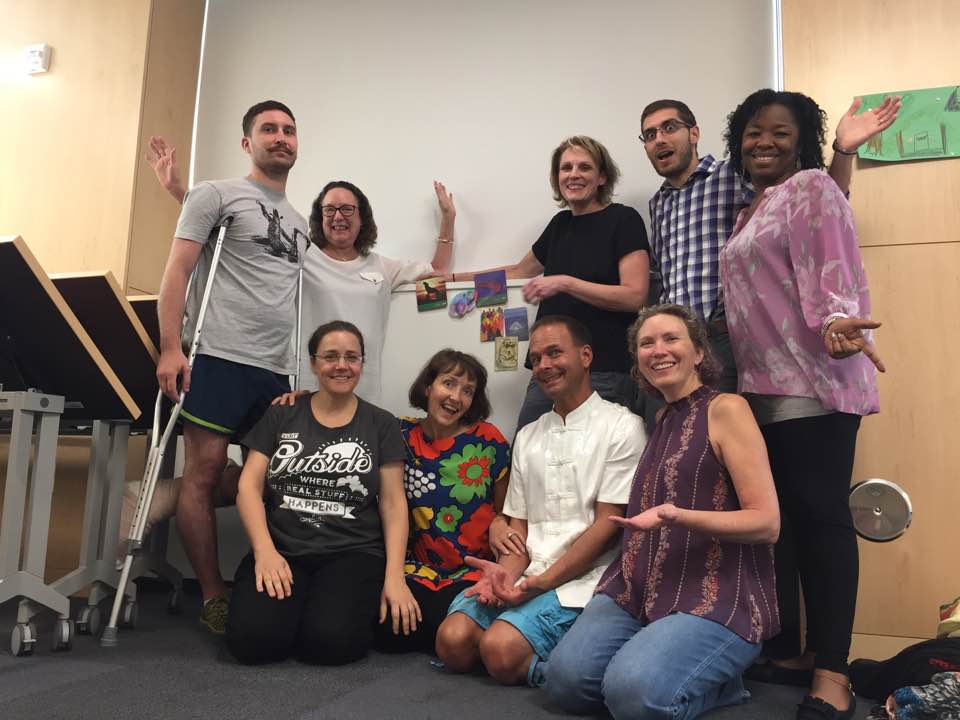
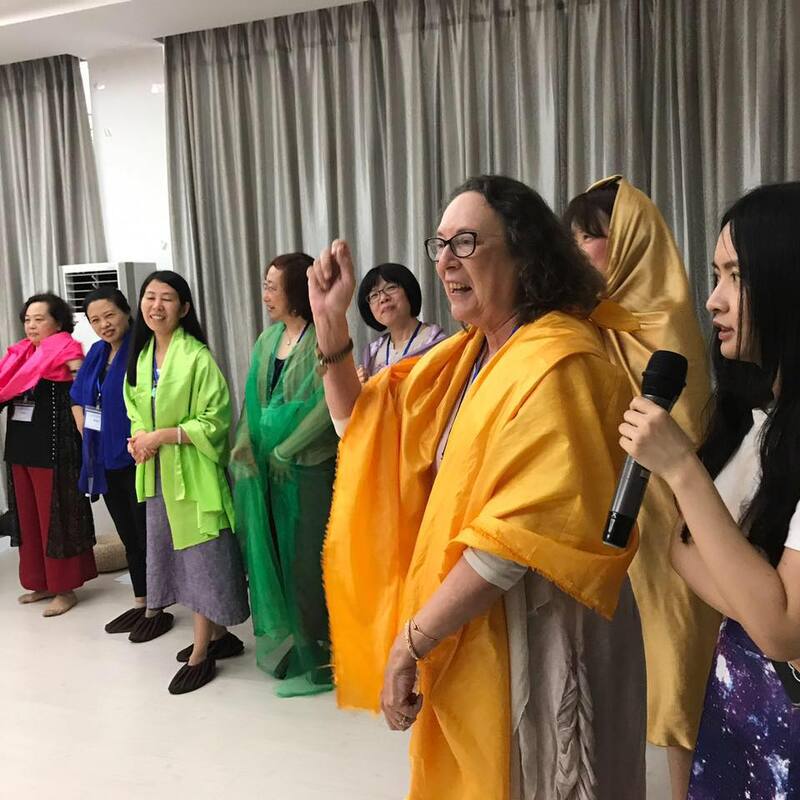
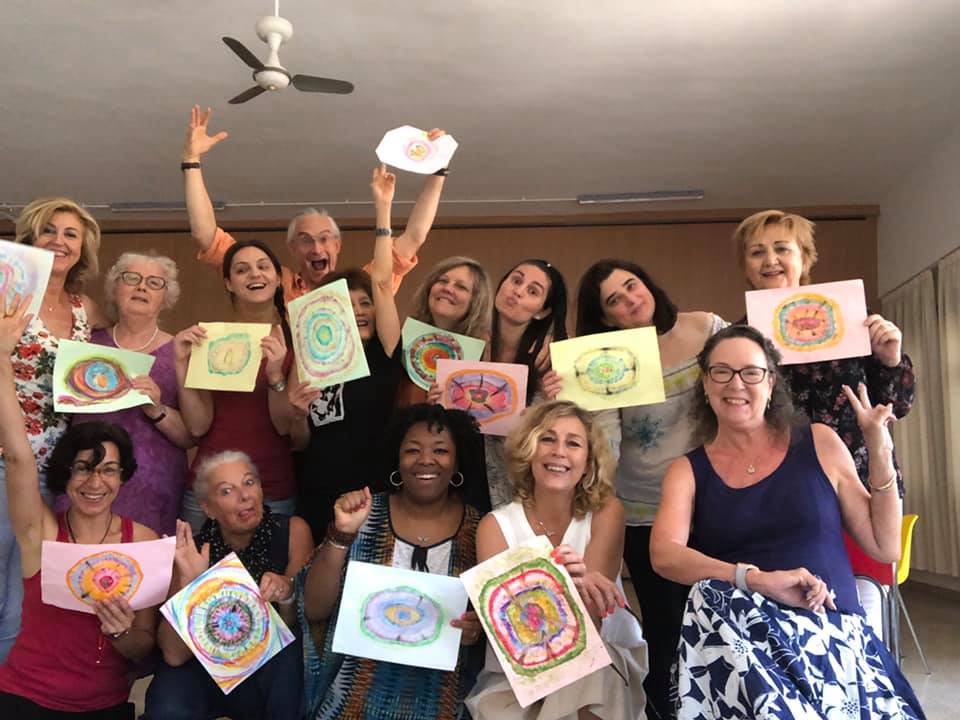
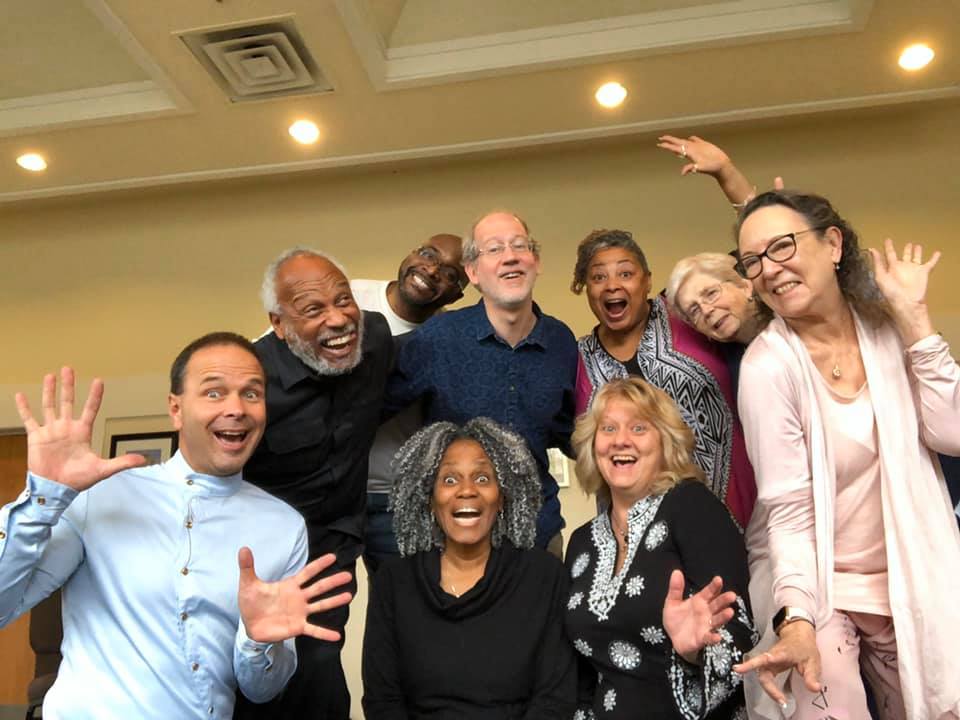
 RSS Feed
RSS Feed